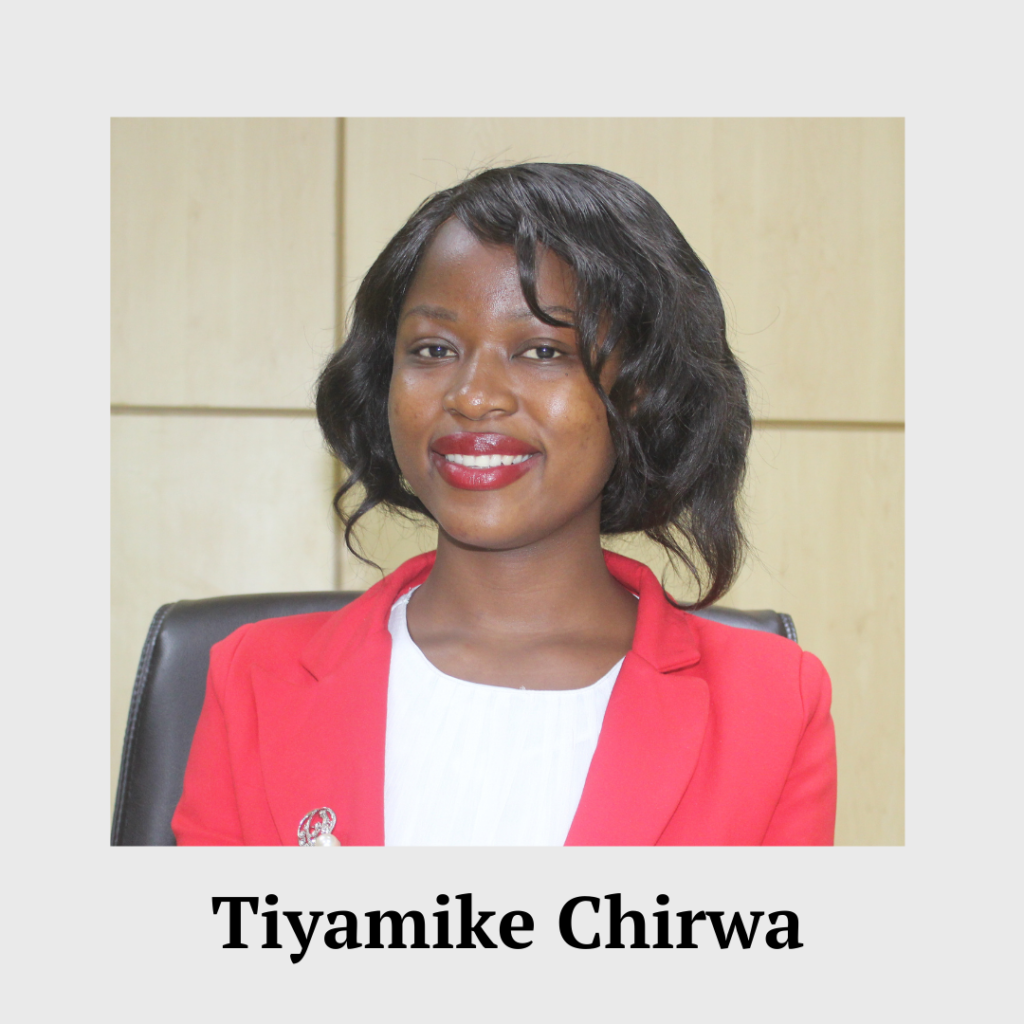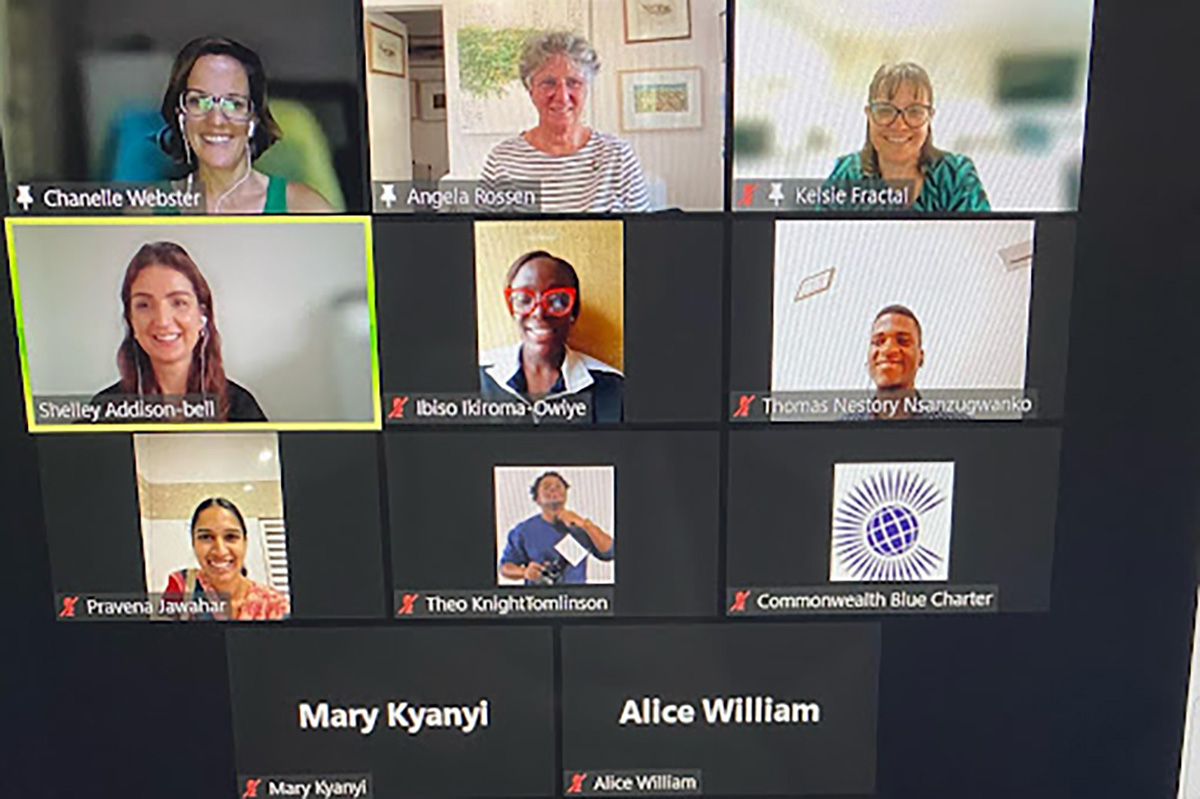Financial Empowerment for Malawian Women
June 13th, 2022
More and more women are being included in Malawi’s formal economy, writes 26-year-old Tiyamike Chirwa, a Commonwealth Correspondent from Malawi who argues that women in her country are increasingly gaining access to financial services that allow them to make payments, save, and obtain credit as they conduct their lives.
Malawi is slowly but steadily becoming a more financially inclusive country. It is a developing country where 51.4% of the people are poor, the man is traditionally the head of the house and is expected to generate wealth to sustain his family. However, things are changing as more women are generating wealth and are getting involved in the formal financial sector through activities like banking.
One of the biggest challenges to women’s financial inclusion over the years has been accessing convenient and reliable financial services. Through the use of technology in the financial sector, however, 38.5% of women in Malawi were formally banked in 2018. This compares to 17% of women who were formally banked in 2011. The driving force behind this positive change has been mobile and agency banking, which involves mobile wallet savings and funds transfer.
The microfinance industry has also done some good financial inclusion work. By financing Malawian women to start small businesses, in sectors like agriculture, they’ve made a commendable contribution to changing the narrative and circumstances that limit a woman’s place to only homemaking.
Despite these encouraging developments, Malawi still needs a more aggressive approach to women’s empowerment. Financial service providers need to introduce other services like insurance and investment designed specifically for women. While on the national level, both the older generation and young people need to be sensitized about the opportunities and benefits for everyone when women pursue financial goals and participate in a financially inclusive society.
Photo Credit: Canva
About Tiyamike Chirwa: I am a marketing and communications professional with experience in the micro-finance and agricultural sectors. I am interested in the role of communication in advancing development and technological penetration that enhances national development. I aspire to grow my career to support entrepreneurs and innovators through contemporarily financial technology and product adaptation.






